The Capabilities and Potential of 5G Networks
The fifth-generation (5G) of wireless communication networks is more than just an incremental upgrade from 4G; it represents a profound leap in technology that promises to revolutionize industries, economies, and daily life. With its unprecedented speed, ultra-low latency, massive connectivity, and improved efficiency, 5G is set to unleash a new era of innovation. This article explores the capabilities of 5G networks and their potential to reshape our world.
Understanding 5G Technology
Speed and Capacity
One of the most talked-about features of 5G is its speed. While 4G networks can deliver download speeds of up to 1 Gbps under ideal conditions, 5G can theoretically reach speeds of up to 20 Gbps. This dramatic increase in speed is not just about faster downloads and smoother streaming; it has the potential to enable entirely new applications that require rapid data transfer, such as real-time cloud gaming, 8K video streaming, and advanced augmented reality (AR) and virtual reality (VR) experiences.
In addition to speed, 5G offers significantly greater network capacity. It can handle up to 100 times more connected devices per unit area than 4G. This capability is crucial as the number of connected devices continues to grow, driven by the proliferation of the Internet of Things (IoT). From smart homes to connected cars, the ability of 5G to manage a massive number of simultaneous connections will support the expansion of IoT ecosystems.
Ultra-Low Latency
Latency, the time it takes for data to travel from the source to the destination, is another critical factor in the performance of wireless networks. While 4G networks have a latency of around 30-50 milliseconds, 5G can reduce this to as low as 1 millisecond. This ultra-low latency is essential for applications that require real-time responsiveness, such as autonomous vehicles, remote surgery, and industrial automation. With 5G, machines can communicate almost instantaneously, enabling new levels of precision and control.
Machine Learning and Predictive Analytics: Revolutionizing Decision-Making
Network Slicing and Edge Computing
5G networks are not just faster and more responsive; they are also smarter. One of the key innovations in 5G is network slicing, which allows operators to create multiple virtual networks within a single physical 5G network. Each slice can be tailored to meet the specific needs of different applications, whether it’s high-speed mobile broadband, low-latency industrial control, or massive IoT deployments. This flexibility ensures that 5G can support a wide range of use cases with varying requirements.
Edge computing is another transformative feature of 5G. By processing data closer to where it is generated, rather than sending it to centralized data centres, edge computing reduces latency and bandwidth usage. This is particularly important for applications like autonomous vehicles and smart cities, where real-time data processing is critical. 5G’s integration with edge computing will enable faster decision-making and more efficient use of network resources.
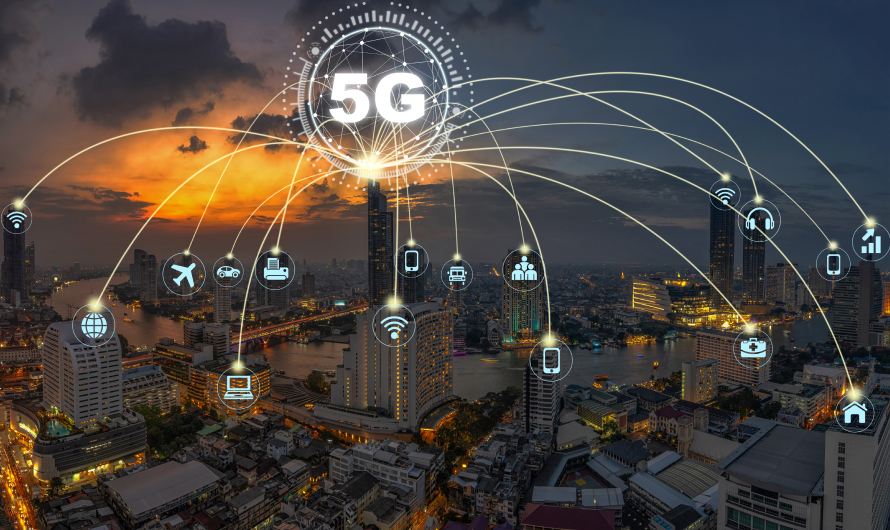
The Potential of 5G Networks
Revolutionizing Industries
5G is poised to have a profound impact on various industries, driving innovation and transforming business models.
Manufacturing and Industry 4.0
In the manufacturing sector, 5G will be a key enabler of Industry 4.0, the fourth industrial revolution characterized by the integration of digital technologies into manufacturing processes. With its high speed, low latency, and ability to connect massive numbers of devices, 5G will facilitate the widespread adoption of smart factories, where machines, robots, and sensors are interconnected and can communicate in real-time.
This connectivity will enable predictive maintenance, where machines can self-diagnose and alert operators to potential issues before they cause downtime. It will also support advanced robotics and automation, allowing for more flexible and efficient production lines. Furthermore, 5G will enable real-time monitoring and optimization of supply chains, improving efficiency and reducing costs.
Healthcare
The healthcare industry stands to benefit immensely from 5G technology. One of the most promising applications is telemedicine, where doctors can consult with patients remotely, perform remote diagnostics, and even guide surgeries from afar. The ultra-low latency of 5G makes real-time video and data transmission possible, ensuring that remote procedures are as effective as those conducted in person.
5G will also enable the widespread use of wearable medical devices that continuously monitor patients’ vital signs and transmit data to healthcare providers in real-time. This will allow for proactive healthcare, where conditions can be detected and treated before they become serious. Additionally, 5G will support the use of AR and VR in medical training and surgery, providing doctors with advanced tools to enhance their skills and improve patient outcomes.
Transportation and Autonomous Vehicles
The transportation sector will be another major beneficiary of 5G. Autonomous vehicles, which rely on real-time data from sensors, cameras, and other vehicles, require a network with ultra-low latency and high reliability. 5G provides the necessary infrastructure to enable safe and efficient autonomous driving by allowing vehicles to communicate with each other and with traffic management systems in real-time.
Beyond autonomous vehicles, 5G will also support smart transportation systems that can optimize traffic flow, reduce congestion, and improve safety. For example, traffic lights could adjust in real time based on traffic conditions, and emergency vehicles could be given priority on the roads through dynamic route adjustments.
Entertainment and Media
The entertainment and media industries will be transformed by 5G, particularly through the enhancement of AR and VR experiences. With its high-speed and low-latency capabilities, 5G will make immersive experiences more accessible and enjoyable. This will open up new possibilities for gaming, live events, and interactive content.
For instance, 5G will enable cloud gaming, where games are streamed directly from the cloud to devices, eliminating the need for expensive hardware. It will also support live streaming of events in 8K resolution, providing viewers with an unparalleled level of detail and immersion. In the realm of AR, 5G will allow for more complex and interactive experiences, such as live sports events where viewers can access real-time stats and information through AR overlays.
Smart Cities and Infrastructure
5G will play a crucial role in the development of smart cities, where digital technologies are used to enhance urban living. With its ability to connect a vast number of devices and sensors, 5G will enable real-time monitoring and management of city infrastructure, from traffic lights to waste management systems.
For example, smart grids powered by 5G could optimize energy usage by balancing supply and demand in real-time, reducing energy waste and lowering costs. Similarly, smart water management systems could monitor water quality and detect leaks in real-time, ensuring more sustainable use of resources. In the realm of public safety, 5G could enable real-time video surveillance and emergency response systems, improving the security and resilience of cities.
Driving Economic Growth
The economic impact of 5G is expected to be significant, driving growth and creating new opportunities across various sectors.
Job Creation and New Business Models
The rollout of 5G networks will create jobs in network infrastructure development, maintenance, and operation. Moreover, the industries that 5G enables, such as IoT, smart manufacturing, and autonomous vehicles, will create new roles that require specialized skills in these emerging fields.
Beyond job creation, 5G will enable new business models that were not possible with previous generations of wireless technology. For example, the ability to offer real-time services and personalized experiences will open up new revenue streams for companies in industries such as retail, entertainment, and healthcare. Additionally, 5G will enable the rise of new industries and services that we have yet to imagine.
Boosting Productivity and Efficiency
5G will significantly boost productivity and efficiency across various sectors by enabling more efficient use of resources and reducing downtime. In manufacturing, for example, real-time monitoring and predictive maintenance will reduce the time and cost associated with equipment failures. In agriculture, 5G-enabled IoT devices could optimize irrigation and fertilization, leading to higher crop yields and lower environmental impact.
In the logistics and supply chain industry, 5G will enable real-time tracking and optimization of shipments, reducing delays and improving customer satisfaction. In the energy sector, 5G will support the development of smart grids and renewable energy sources, reducing costs and improving sustainability.

Enhancing Global Competitiveness
Countries that lead in the deployment and adoption of 5G technology will gain a competitive edge in the global economy. 5G will enable these countries to develop advanced industries, attract investment, and drive innovation. As a result, the race to deploy 5G networks has become a key strategic priority for governments around the world.
In addition to enhancing national competitiveness, 5G will also promote global collaboration. The ability to share data and collaborate in real-time across borders will enable companies to work more closely with international partners, driving innovation and growth on a global scale.
Addressing Challenges and Concerns
While the potential of 5G is vast, some challenges and concerns need to be addressed.
Security and Privacy
The increased connectivity and data generation enabled by 5G raise significant security and privacy concerns. With more devices connected to the network, the potential attack surface for cyber threats increases. Ensuring the security of 5G networks and the devices that connect to them will be critical to prevent data breaches, service disruptions, and other cyberattacks.
Privacy is another major concern, as 5G networks will generate vast amounts of data about individuals’ activities, preferences, and locations. Ensuring that this data is collected, stored, and used in a way that respects individuals’ privacy will be a key challenge for regulators and companies alike.
Infrastructure and Deployment
The deployment of 5G networks requires significant investment in infrastructure, including the installation of new base stations and the upgrade of existing ones. In urban areas, the density of base stations will need to be much higher than for previous generations of wireless technology, due to the higher frequencies used by 5G. This can be a challenge in terms of both cost and logistics, particularly in densely populated areas where space is limited.
In rural and remote areas, the deployment of 5G networks may be less economically viable due to the lower population density. Ensuring that the benefits of 5G are accessible to all, regardless of location, will require targeted investment and policy support from governments.
Health Concerns
There has been ongoing debate about the potential health effects of 5G networks, particularly regarding the higher frequencies used by the technology. While scientific studies have generally found that the electromagnetic radiation emitted by 5G networks is within safe limits, public concerns persist.
Addressing these concerns through transparent communication and continued research will be important to ensure public confidence in 5G technology. Governments and health organizations will need to work together to provide clear and evidence-based information to the public.
The capabilities and potential of 5G networks are vast, offering transformative benefits across industries, economies, and daily life. With its unprecedented speed, ultra-low latency, massive connectivity, and advanced features like network slicing and edge computing, 5G is poised to revolutionize sectors such as manufacturing, healthcare, transportation, entertainment, and smart cities.
The economic impact of 5G will be significant, driving growth, job creation, and new business models. However, the deployment and adoption of 5G also present challenges, including security, privacy, infrastructure, and public health concerns. Addressing these challenges will be crucial to realizing the full potential of 5G and ensuring that its benefits are accessible to all.
As 5G networks continue to roll out globally, the world stands on the brink of a new era of connectivity, innovation, and opportunity. The capabilities and potential of 5G networks will shape the future in ways we are only beginning to understand, driving progress and improving lives for generations to come.
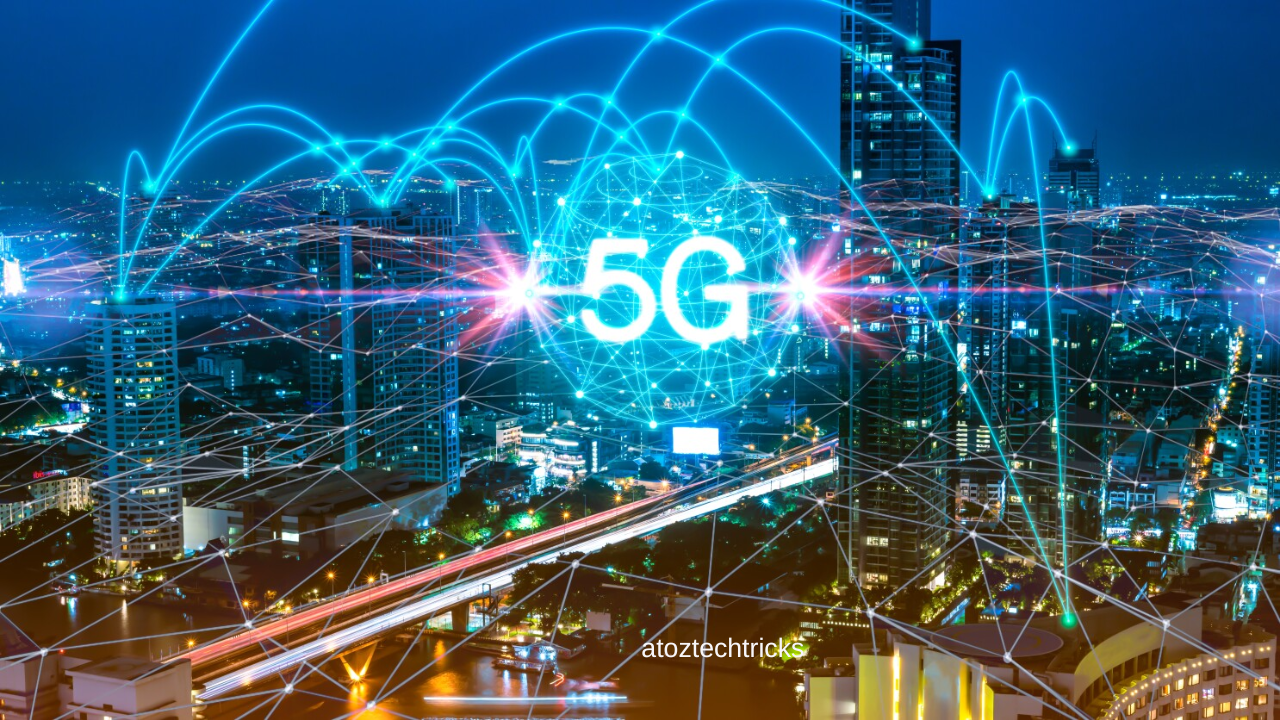
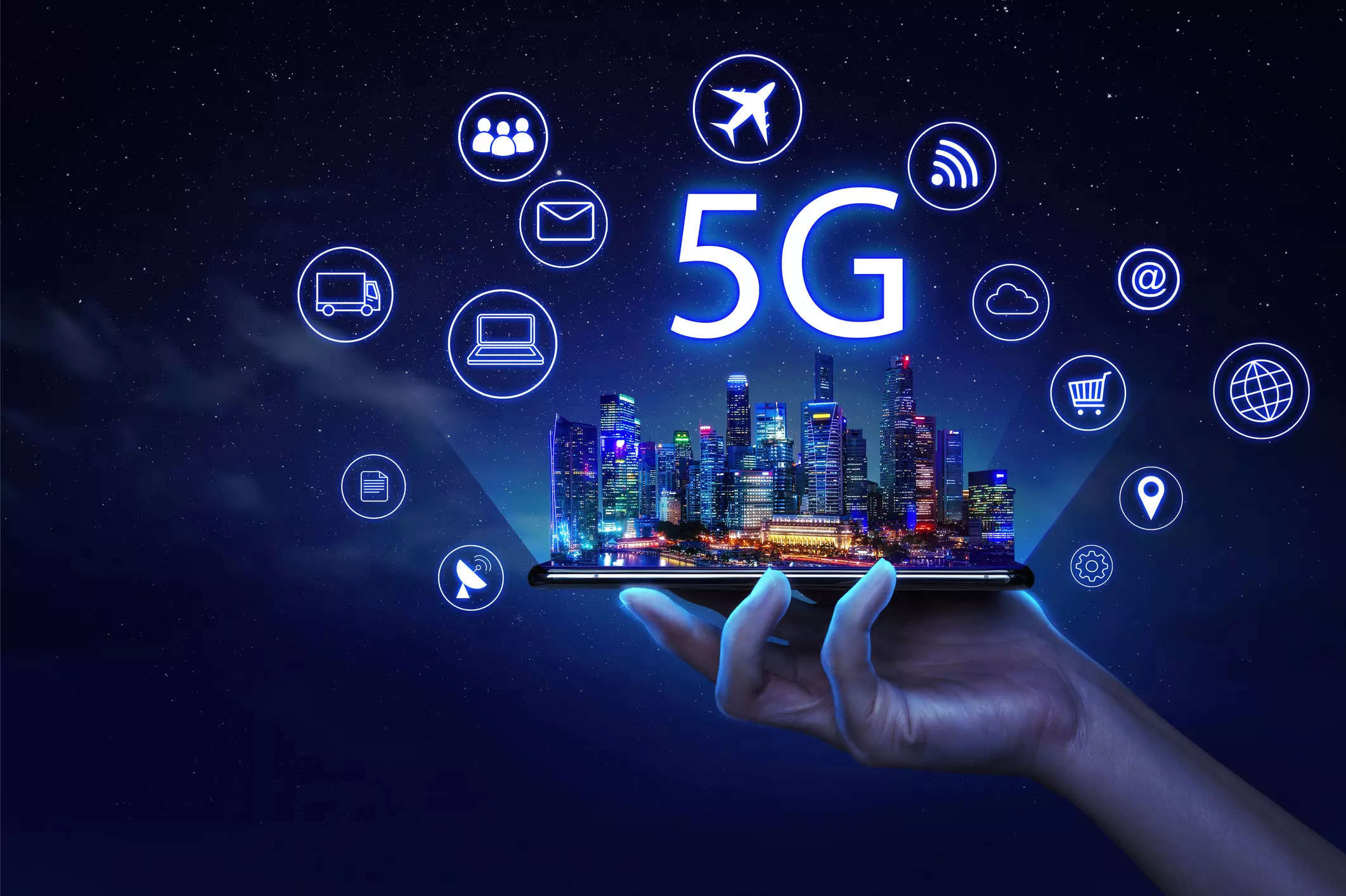
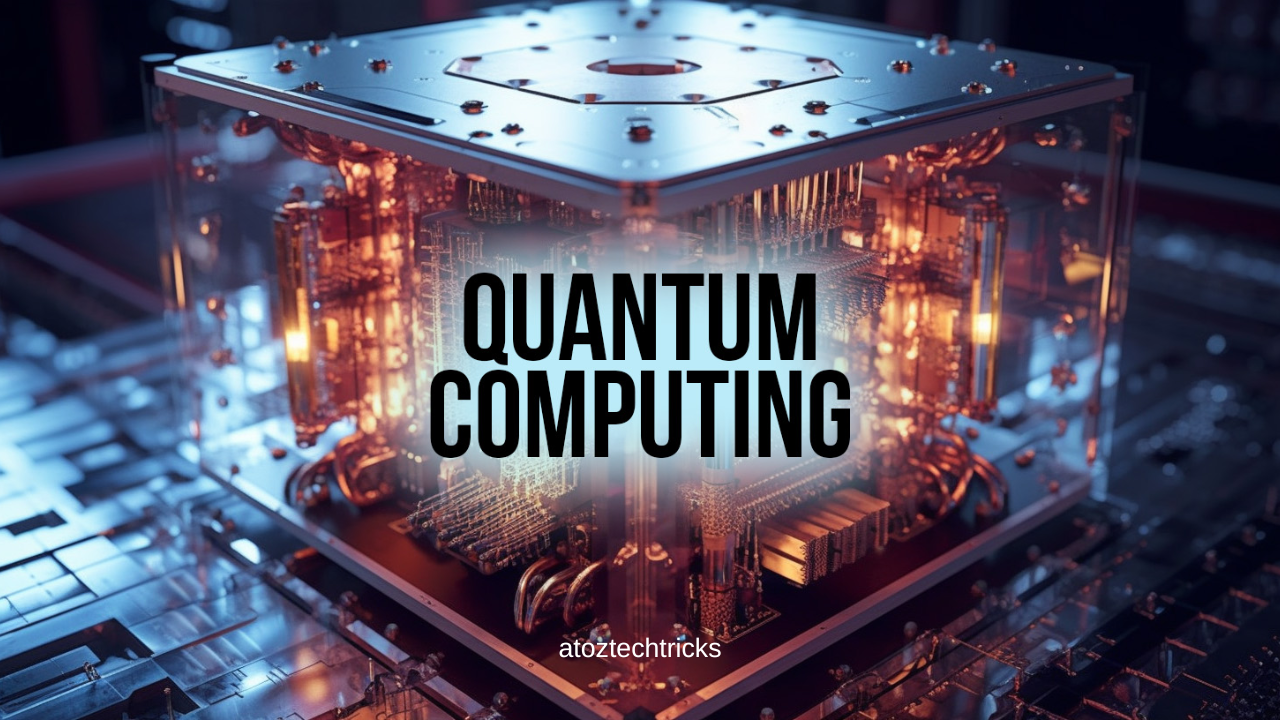
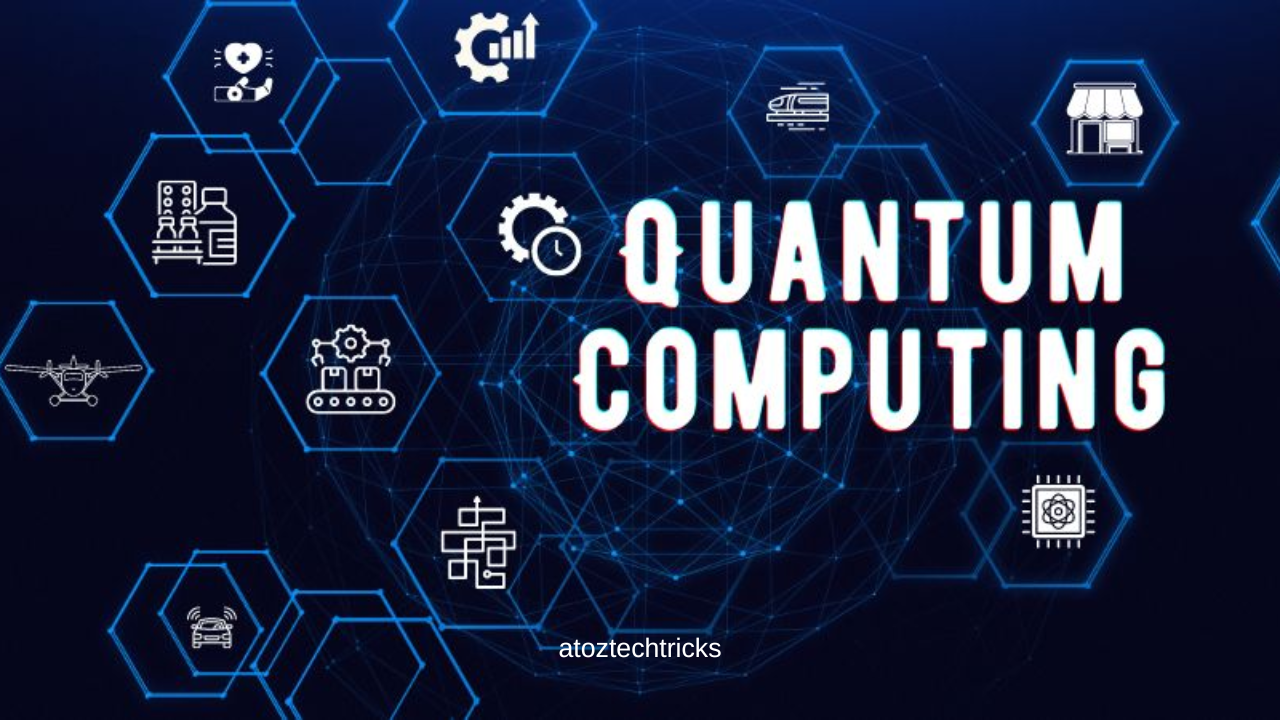
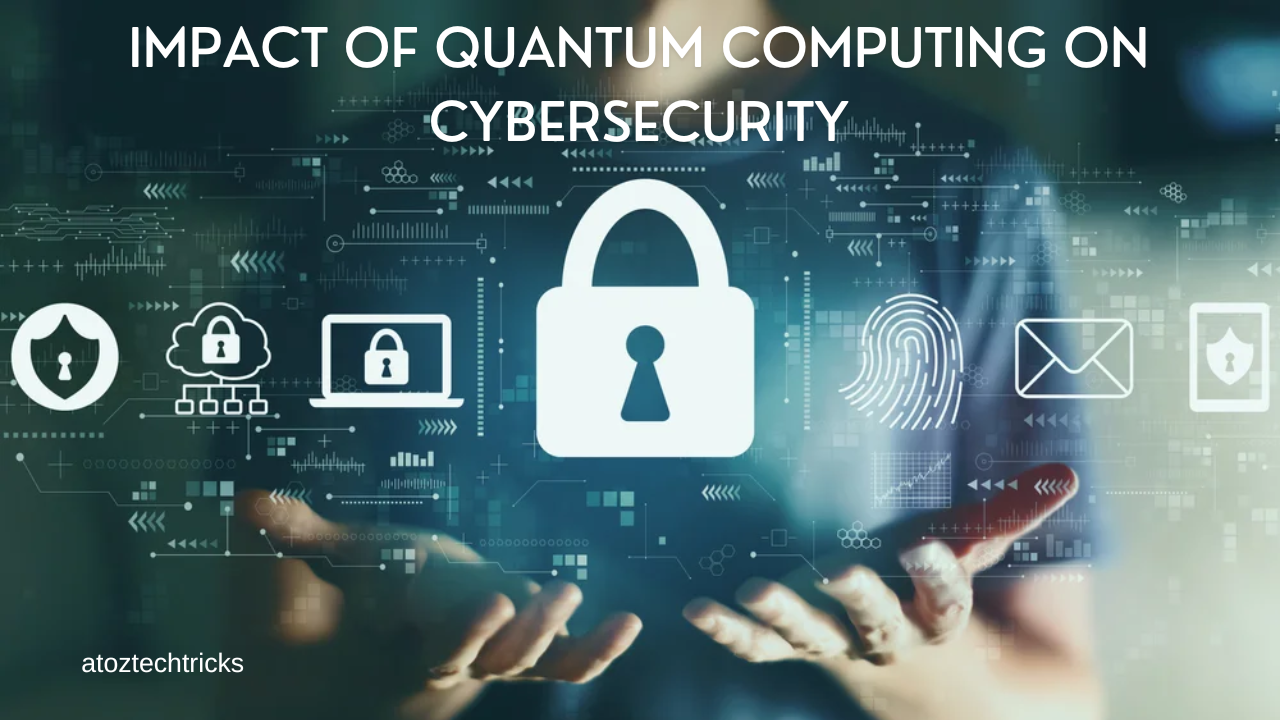
Post Comment